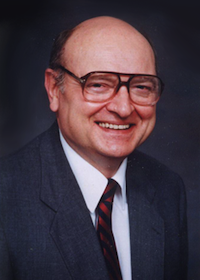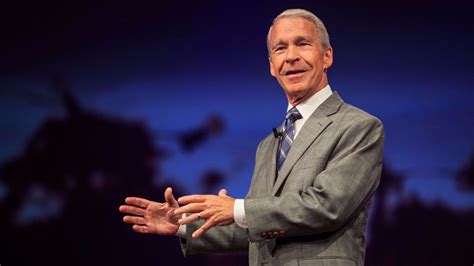A Quote by Tony Campolo
The traditional spokespersons for the Evangelicals, such as Chuck Colson and James Dobson, have become alarmed about this drift away from the 'Family Values' issues that they believe should be the overwhelming concerns of Evangelicals. They have expressed their displeasure in letters of protest circulated through the religious media.
Related Quotes
There is not one particular moment that can account for the shift from the social issue concerns of 19th-century evangelicals into the state of American evangelicalism today. Some historical moments are telling. The rise of biblical criticism in the 19th century forced evangelicals to make choices about what they believed about the gospel.
The assumption that the larger culture agrees with Christians on values issues led to evangelicals' minimizing the theologically distinctive aspects of Christian witness. It also set up evangelicals to be disappointed when the culture did not turn out the way many expected it to turn out. So our response ought to be that we are always, in every culture, strangers in exile.
McCain courted in 2008 what I would call 'fringe' evangelicals, in part because evangelicals were skeptical of his commitment to values voters. McCain's embrace of Palin came after having to scuttle endorsements from John Hagee and Rod Parsley, charismatics who believed in Armageddon and fiercely supported Israel.
I want evangelicals to be known not for what they're against, but what they're for. Yes, there are some things that I believe are flat out wrong. There is no doubt about it, and I'm not wishy-washy about it. But my agenda is bigger than simply those issues. My agenda is to be as big as the agenda of Jesus.































